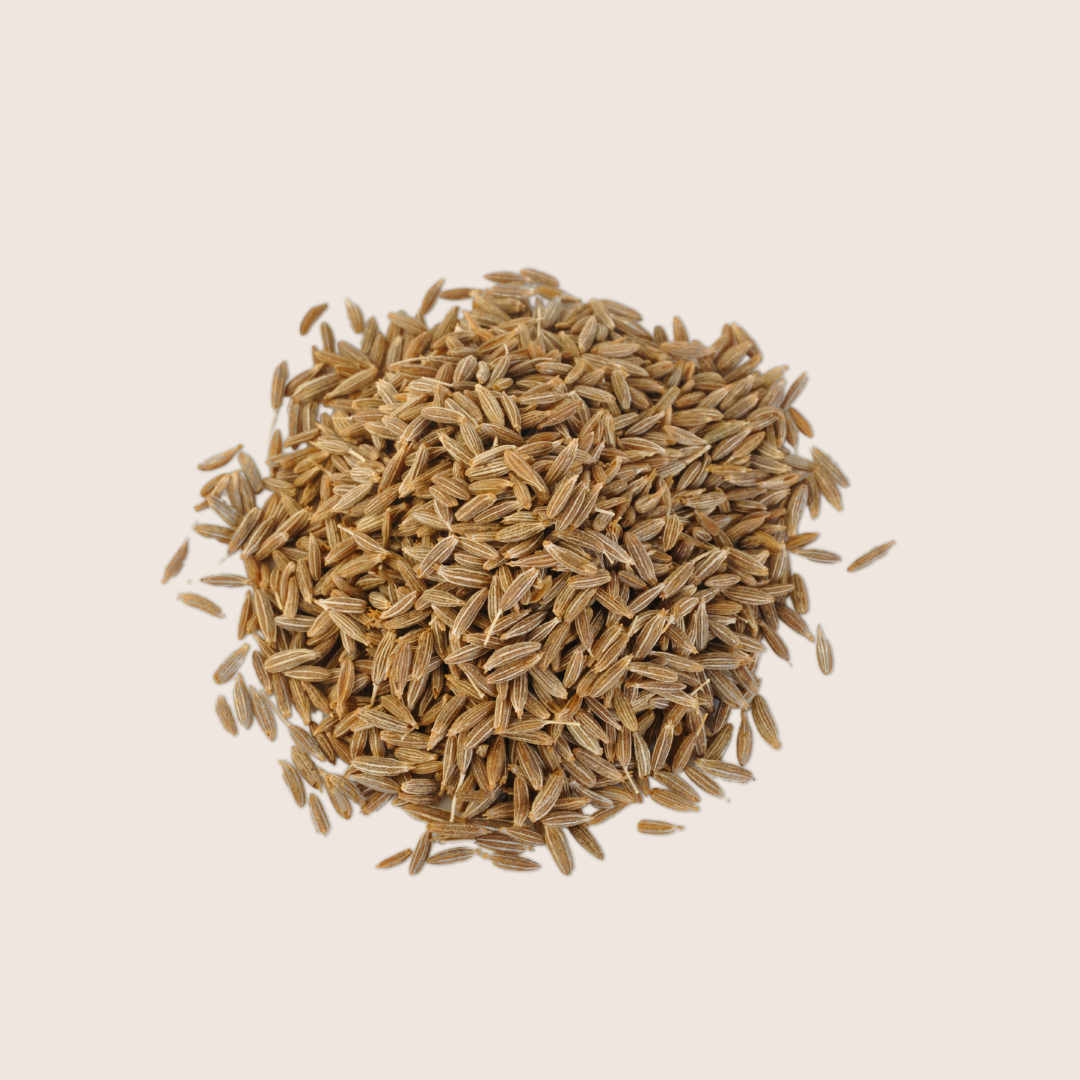Whether you eat them plain, as a snack, or incorporate them into your favorite recipes, nuts are a real ally for your well-being. Let's discover together why you should include them regularly in your diet.
Where do they come from?
The nuts we know as "walnuts" (especially walnuts, which are actually common walnuts) come primarily from Central Asia and the Middle East. The walnut tree, Juglans regia , is native to this region, but it has been cultivated and naturalized in many other places around the world over the centuries.What benefits?
> A Mine of Essential Nutrients
Nuts are real powerhouses of nutrients. They are rich in unsaturated fatty acids, especially omega-3 (7.5%), which are excellent for your heart. These fatty acids help reduce "bad" cholesterol (LDL) and increase "good" cholesterol (HDL), which reduces the risk of cardiovascular disease.In addition to this, nuts are an excellent source of plant-based protein. They also contain fiber (6.7%), vitamins (such as vitamin E and B vitamins), as well as minerals such as magnesium, potassium, and zinc. All of these are essential for maintaining good overall health.
> A great ally for the heart
As I was telling you, nuts are particularly beneficial for your heart. Thanks to their richness in omega-3 and antioxidants, they help keep your arteries healthy and reduce inflammation. Several studies have shown that regular consumption of nuts can reduce the risk of cardiovascular diseases, such as heart attacks and strokes. > A boost for the brain
If you want to keep your brain in tip-top shape, walnuts are here to help. The omega-3s in walnuts are known to support brain function and protect against age-related cognitive decline. Research suggests that eating walnuts regularly may even improve memory and learning abilities.
But be careful, don't forget that even if nuts are excellent for your health, they are still high in calories. A small handful a day is enough to enjoy their benefits without overdoing it.
________________________________________________________________
Sources
- National Institutes of Health (NIH). “Nuts and Cardiovascular Disease Prevention.”
- American Heart Association. “Walnuts and Healthy Aging.”
- Ciqual. "The nutritional values of nuts".





